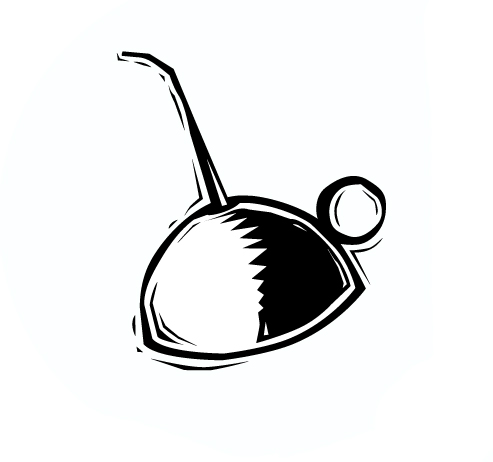The archetypal systemic structure called “Fixes That Fail” has been compared to oiling a squeaky wheel. When we detect a problem, we pick a fix that appears to work. However, we only pay attention to the short-term results of the fix—not the long-term (and more important) impact. We fall into reactive, “firefighting” mode, continually fixing squeaky wheels instead of making fundamental improvements.

Worse, in our haste to “fix the squeak” (i.e., we grab the “oil”), we may mistakenly pick up a can of “water” and splash it on the wheel. In the short term, even water will act as a lubricant and stop the squeaking. As the water evaporates and the metal rusts, however, the wheel begins to squeak again, but more loudly than before. We reach for the water—after all, it worked the last time. When there are finally no more squeaks, we may discover that instead of having fixed the problem, we have encased the wheel in rust.
Borrow Now, Pay Later
In our haste to “fix the squeak,” we may mistakenly pick up a can of “water” and splash it on the wheel.
It’s a sad but not uncommon story. An energetic and determined entrepreneur with a good idea, a great service, or a new product sets up shop in his basement. He builds a prototype, scrapes together some cash, and marches out to sell his invention. Over the next few months, he takes a little more money from his savings account to get the business off the ground. With this cash to keep him going, he makes more contacts, maybe finds a customer or two. Unexpected costs for satisfying these customers arise, like modifications to his invention, installation, training, and so forth. To make ends meet before the revenue stream starts, he borrows on his credit card. Marketing is time consuming and not really his forte, so he hires someone to help out. He invests in a stock of raw materials so that he can respond rapidly to the orders that are sure to pour in. His credit card payments grow higher and higher as the finance charges pile up, so he applies for a home equity loan to keep the business going. You know how this story is likely to end. The undercapitalized small business venture addresses short-term cash needs with an ever-mounting debt, which solves the cash shortage for the moment but makes it worse over time—and perhaps even leads to bankruptcy
An Archetype for a Nation
Let’s take the same story about the entrepreneur and project it to the scale of the national economy. Picture a nation whose spending programs exceed its revenues. The politicians decide to cover the shortfall by borrowing money to finance roads, defense, medical assistance, welfare, and a host of other programs and services. The following year, these expenditures include continuation of old projects, new promises to constituents, and payments on the earlier debt. Faced with the painful, possibly unpopular choice of cutting programs or of raising taxes (potentially an even more unpopular decision), the politicians take the easy way out and borrow again. As with the entrepreneur’s predicament, you can guess how this story ends: The nation gets saddled with a multitrillion dollar debt, with the interest payments on that debt becoming a larger and larger portion of the federal budget.
Throwing Oil on Fires
Of course, we all know that oil or grease, not water, should be used to lubricate a squeaky wheel. But suppose the squeaky wheel is a powerful constituent, a dissatisfied customer, or a vigilant investment analyst? How do we know whether we are applying the oil or the water when we respond? Do we understand enough about the situation’s “chemical reaction” to take appropriate actions? Or in our frenzy of fighting fires and oiling squeaky wheels, are we throwing oil on fires and applying water to wheels? The “Fixes That Fail” archetype can help us distinguish between these two actions and thereby increase the likelihood that we’re taking the most effective approach to problem-solving.
